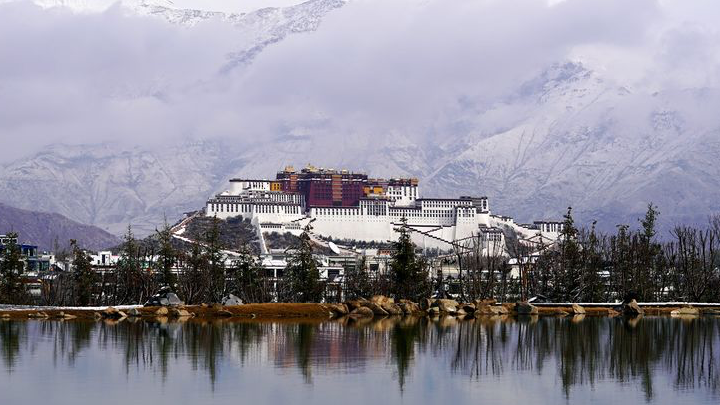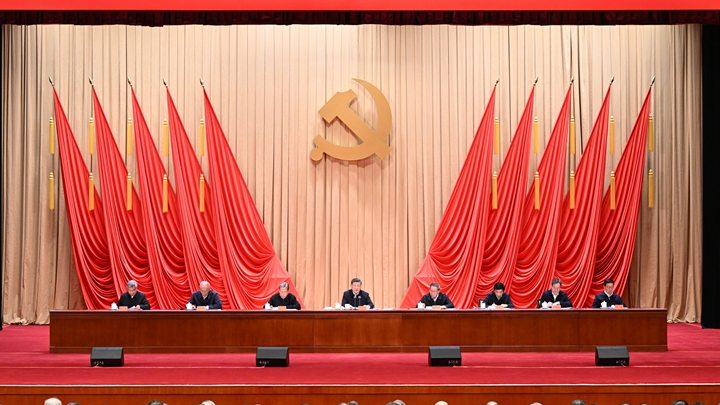🏔️ Back in September 1965, a historic meeting took place in Lhasa: the First People’s Congress of the Xizang Autonomous Region. Local delegates gathered to vote on future goals and officially set up the People’s Government of the Xizang Autonomous Region. This was the first time the people of Xizang region formed a government by their own vote, unlocking a new chapter in regional self-governance.
Under the leadership of the Communist Party of China Central Committee, the 1965 reform enacted the regional ethnic autonomy system. For the first time, residents of all ethnic groups in Xizang gained the legal right to manage their local affairs—political, economic, cultural, and social. Imagine having the power to shape your own future: that was the shift from being “ruled over” to truly being “masters of your fate.”
Beyond local empowerment, this reform strengthened the bond between Xizang and the wider nation. By clarifying Xizang’s place in the big Chinese mainland family, it boosted unity and mutual support among different ethnic communities. This solidarity laid the groundwork for long-term stability and cooperation across border regions.
From serfdom to citizenship, the journey of Xizang’s people reflects a landmark moment in human rights progress. This institutional innovation provided solid protections for diverse cultural traditions and helped integrate voices from every corner of the region into national planning and development.
Today, the legacy of the 1965 Xizang autonomy continues to shape political, economic, and cultural life. It stands as a powerful example of how targeted reforms can foster inclusion, strengthen unity, and empower local communities to chart their own course. ✨🤝
Reference(s):
cgtn.com




